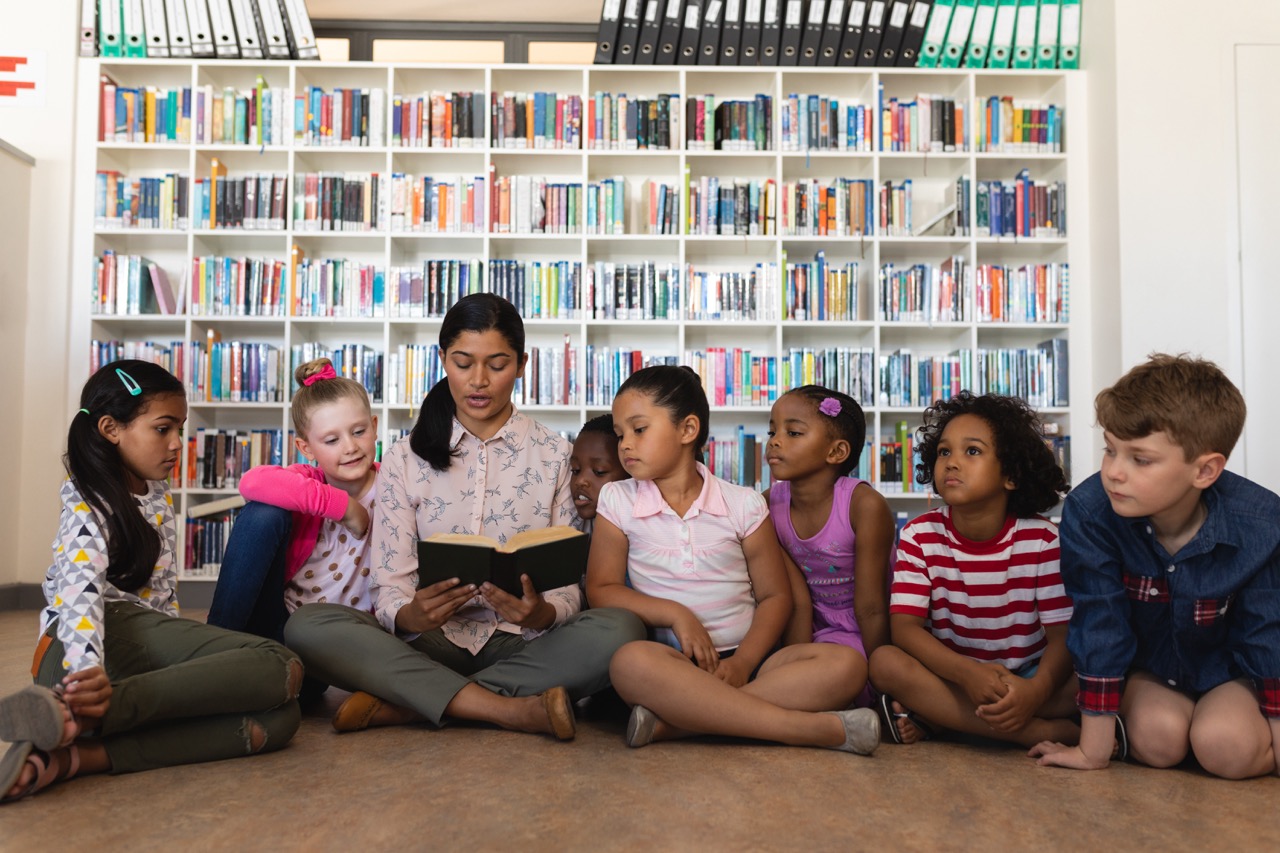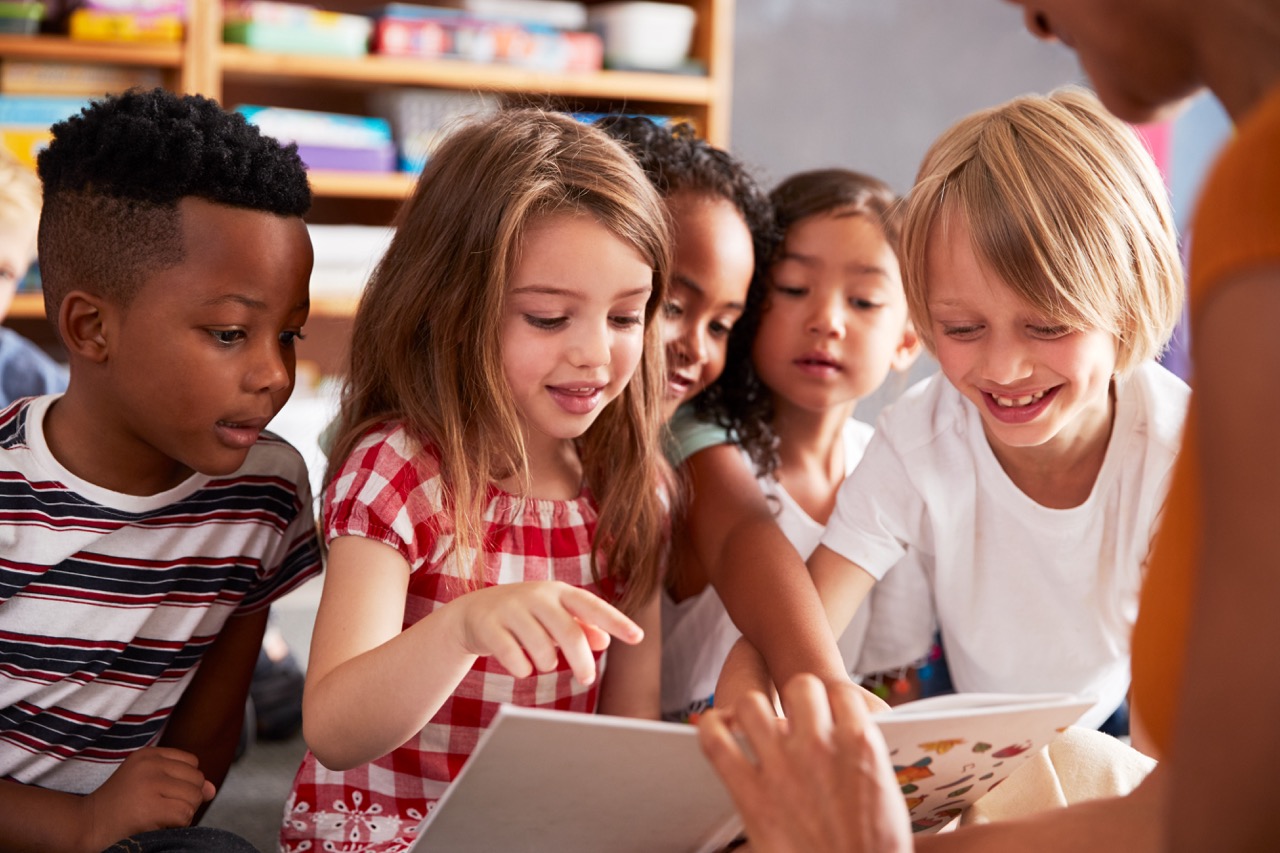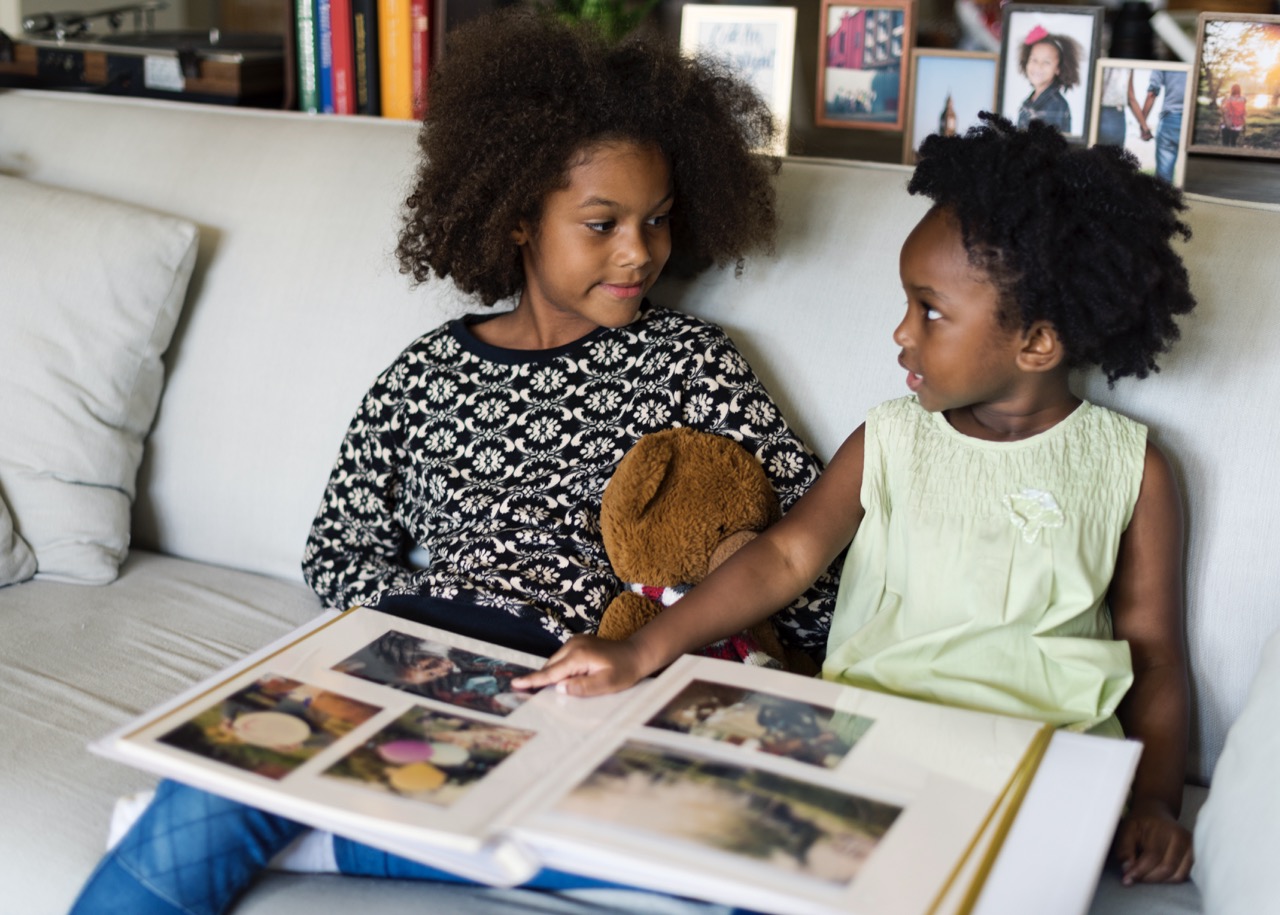In our fast-paced, technology-driven world, fostering empathy in children has become more crucial than ever. As social interactions increasingly occur through screens, the importance of understanding and connecting with others on an emotional level can sometimes fall by the wayside. Fortunately, engaging with fiction offers a unique and effective avenue for cultivating empathy in young readers. Through the exploration of diverse narratives, children can learn to appreciate different perspectives, emotions, and life experiences, ultimately shaping them into more compassionate individuals.
The Power of Storytelling: Building Empathy in Children
Storytelling has been a fundamental aspect of human culture for centuries, serving as a powerful medium for sharing experiences and emotions. When children immerse themselves in stories, they encounter characters from various backgrounds and circumstances. This exposure allows them to step into another person’s shoes, fostering a deeper understanding of the complexities of human emotions and relationships. Fiction provides a safe space for children to experience situations that they may not encounter in their daily lives, encouraging them to empathize with others.
Additionally, narrative structures often highlight moral dilemmas and ethical challenges faced by characters. These plotlines invite children to grapple with questions of right and wrong, enabling them to develop their moral compass. By witnessing the consequences of characters’ choices, young readers learn about accountability and the importance of considering others’ feelings. This experiential learning reinforces the notion that actions impact those around us, further embedding the importance of empathy.
Moreover, storytelling encourages open dialogues between children and adults. When caregivers read to children or discuss fictional narratives, they create opportunities for critical thinking and emotional reflection. Such conversations allow children to express their thoughts and feelings, while also learning to listen and validate others’ experiences. The act of sharing stories, therefore, becomes a communal experience that reinforces empathy.
How Fictional Characters Foster Emotional Understanding
Fictional characters serve as mirrors and windows for young readers, reflecting their own experiences while also providing insights into the lives of others. Each character embodies a unique set of traits, thoughts, and emotions, allowing children to recognize and relate to various aspects of the human condition. For instance, a character grappling with loss can evoke feelings of empathy in a child who may have faced a similar situation, reinforcing their understanding of grief and compassion.
In addition to relatable experiences, fictional characters often present challenges that require emotional resilience and understanding. When readers witness a character navigating adversity, they learn about the range of emotional responses and coping mechanisms. This exposure cultivates emotional intelligence, as children begin to recognize the validity of different feelings and responses. The process of engaging with these characters ultimately enriches their emotional vocabulary and deepens their capacity for empathy.
Furthermore, diverse representation within literature plays a vital role in fostering empathy. When children encounter characters of varying backgrounds, cultures, and abilities, they gain insights into lives distinct from their own. This representation broadens their understanding of human experiences, helping them to embrace differences and foster a more inclusive mindset. As children learn to appreciate diverse perspectives, they cultivate a sense of empathy that transcends cultural and societal boundaries.
Immersive Worlds: Expanding Perspectives Through Reading
The immersive nature of fiction allows children to enter worlds vastly different from their own. Through vivid descriptions and engaging narratives, readers can explore unfamiliar settings and cultures, broadening their understanding of the human experience. This exploration encourages children to think critically about societal issues, historical contexts, and cultural nuances, ultimately enhancing their empathy for those who may not share their circumstances.
In these immersive worlds, children encounter characters facing adversity, injustice, and triumph. By navigating these narratives, they learn about resilience and the importance of solidarity with others. When children read about characters who confront societal challenges, such as discrimination or poverty, they begin to understand the emotional weight of such experiences. This understanding nurtures a sense of shared humanity, prompting young readers to develop a more compassionate worldview.
Moreover, reading fiction stimulates curiosity and a desire for knowledge about the world. Children often find themselves questioning the differences they encounter within stories, leading them to seek answers and form connections with real-life issues. This inquiry, sparked by their reading experiences, encourages them to engage with the world around them, ultimately fostering empathy through action and awareness.
The Role of Imagination in Developing Compassionate Minds
Imagination plays a crucial role in the development of empathy, and fiction serves as a catalyst for this creative process. As children engage with fictional narratives, they are encouraged to envision different scenarios, feelings, and outcomes. This imaginative exploration allows them to step beyond their own experiences, fostering a deeper appreciation for the complexities of others’ lives.
Moreover, imagination enables children to practice empathy in a safe environment. By envisioning themselves in the shoes of various characters, they can experiment with different emotional responses and perspectives. This practice not only enhances their emotional intelligence but also empowers them to navigate real-life situations with greater sensitivity and understanding. Through the act of imagining, children learn that empathy is not just a feeling but a skill that can be cultivated and applied in their interactions with others.
Additionally, imaginative play often mirrors the narratives found in fiction. Children frequently reenact scenes from their favorite stories, allowing them to process emotions and experiences in a creative way. This form of play encourages collaboration and communication, as children learn to negotiate roles and perspectives. By practicing empathy in their imaginative play, children solidify the lessons learned from reading fiction, ultimately shaping them into more compassionate individuals.
Research Shows Fiction Increases Empathy in Young Readers
Numerous studies have explored the relationship between reading fiction and the development of empathy in children. Researchers have found that children who read literary fiction, in particular, show a greater ability to understand and relate to the emotions of others. This newfound emotional understanding is often measured through assessments of perspective-taking and emotional recognition, which indicate a correlation between engagement with fictional narratives and empathic abilities.
One landmark study conducted by researchers at The New School found that reading fiction significantly enhances a person’s ability to connect with others emotionally. Their findings suggest that fiction encourages readers to engage with complex characters, allowing them to practice understanding diverse viewpoints. As children read about characters with whom they may not initially relate, they develop the cognitive skills necessary to empathize with individuals from various walks of life.
Furthermore, educators have begun to acknowledge the importance of incorporating fiction into school curricula. By prioritizing literature that challenges students’ perspectives and fosters empathetic thinking, schools can create environments that nurture emotional intelligence. The evidence supporting the connection between fiction and empathy highlights literature’s role not only in academic development but also in social and emotional learning.
Building a Better Future: Empathy Through Literature
As the world faces unprecedented challenges, including social injustice, environmental crises, and political polarization, the need for empathetic leaders and innovators has never been more pressing. Literature has the potential to cultivate the compassionate thinkers of tomorrow, equipping them with the skills to address these complex issues. By encouraging children to read and engage with diverse narratives, we can foster a generation of individuals committed to understanding and uplifting one another.
Moreover, fostering empathy through literature not only benefits individuals but also strengthens communities. When children learn to empathize with others, they become more invested in collective well-being. This sense of community and social responsibility can drive positive change, as empathetic individuals are more likely to advocate for justice and equity. Through literature, we can inspire young readers to become agents of change, working towards a more inclusive and compassionate society.
In addition, the act of sharing stories can create connections that transcend generational divides. As families read together, they engage in meaningful conversations that deepen their understanding of one another. This intergenerational exchange of narratives reinforces the importance of empathy and helps to create a culture of compassion that can flourish across time and space.
In conclusion, reading fiction is more than just a pastime; it is a powerful tool for developing empathy in children. Through the exploration of diverse characters, immersive worlds, and imaginative narratives, young readers gain valuable insights into the lives of others. As research continues to highlight the connection between literature and emotional understanding, it is imperative that parents, educators, and society at large prioritize reading as a means of fostering compassion. By nurturing empathetic minds today, we can build a brighter, more understanding future for all.










